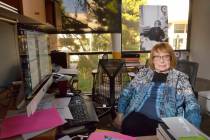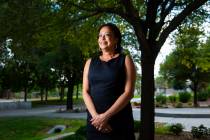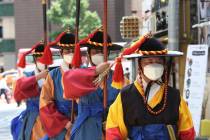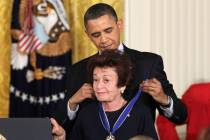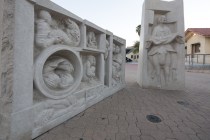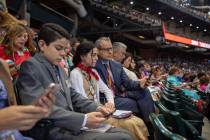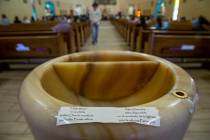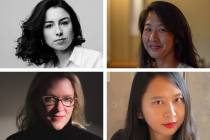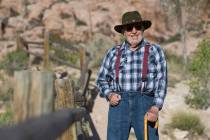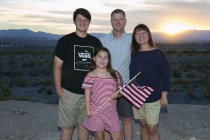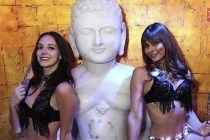Felicia Campbell brought an adventurous spirit to her life and classroom, former students say.
John Przybys
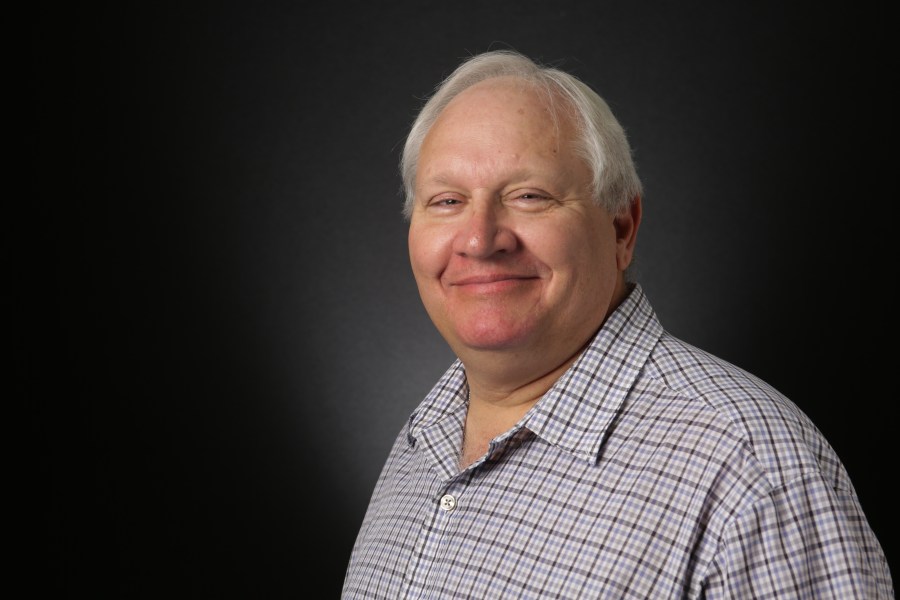
John Przybys is a features writer who covers lifestyle topics, trends, popular culture, health and books. A native of Bedford, Ohio and a graduate of Kent State University, he covered news beats at papers in Ohio for 10 years before moving to Las Vegas to join the Review-Journal features staff.
From swimming and fishing to houseboating and paddling around, outdoor water activities abound in Southern Nevada.
Health experts weigh in on doing routine tasks during the coronavirus pandemic.
What local experts say we can learn from countries that curbed their outbreaks or never let them spiral out of control.
Series of three online sessions, sponsored by Jewish Nevada, begins Aug. 20 with “Irena’s Children.”
Chad Wolf, acting Secretary of Homeland Security, discussed reopening businesses and safety with Las Vegas business leaders during a round table discussion Thursday.
He last celebrated Mass at Christ the King Catholic Church on July 9 while wearing a face mask and using hand sanitizer, as diocesan protocol requires.
The coronavirus pandemic has prompted first-ever virtual gatherings for Jehovah’s Witnesses. About 13,000 Southern Nevadans are members of the denomination.
Diocese says Holy Family Catholic Church is temporarily closed and suggests that congregants who attended Wednesday Mass be tested.
UNLV’s literary institute will welcome writers and a poet as fellows for 2020-21.
“The Boys Who Woke Up Early,” veteran Las Vegas journalist A.D. Hopkins’ debut novel, won a prestigious prize.
From free speech to sports, Southern Nevadans find things that unite us.
Opposition from a group of mostly Northern Nevada-based religious leaders has resulted in the removal of a religion-themed statue from The Foundation Room at Mandalay Bay.
The Battle Born Medical Corps is a statewide registry of health care and medical professionals who can augment professionals during the coronavirus pandemic.
“African Americans embrace it because if one black person isn’t free … it is as if none of us are free,” UNLV professor Tyler D. Parry says.



